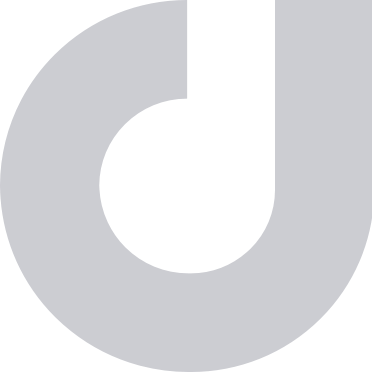Hidden Disabilities: How Digimind raises awareness amongst employees
.png?width=2460&name=Hidden%20Disabilities%20(Blogpost%20Cover).png)
The purpose of this interview is to start a conversation within Digimind, the global leader in social listening and competitive intelligence, to raise awareness. As they are not obvious, invisible disabilities can be misunderstood and overlooked, and unfortunately can lead to discrimination and exclusion. That is why Frédérique Clapper, VP People and Diversity, wants to openly communicate about it, open her co-workers' minds, and start new initiatives to include all bodies.
Digimind is characterised by an open inclusion policy and celebrates the diversity and multiculturalism of its teams. Do the same and celebrate the 3rd of December, the International Day of Persons with Disabilities.
 |
Frederique Clappier, VP People and Diversity at Digimind, is part also of our CSR team and is committed in evangelising our team about Hidden disabilities. |
What are hidden disabilities?
Invisible disabilities may be invisible even to the people whom they affect.
The Center for Disability Rights (C.D.R.) lists the following invisible disabilities: “learning differences, deafness, autism, prosthetics, Traumatic Brain Injury (T.B.I.), mental health disabilities, Usher syndrome, bipolar disorder, diabetes, A.D.D./A.D.H.D., fibromyalgia, arthritis, anxiety, sleep disorder, Crohn’s disease, and many more.”
Whom is affected by hidden disabilities?
It is estimated that 1 in 10 people live with an invisible disability.
Some employees with an invisible disability choose not to disclose their diagnosis with their employer, due to social stigma directed at people with disabilities, either in the workplace or in society in general.
What is done to help and integrate a person with a hidden disability?
A growing number of organisations are implementing policies and regulations to help and better integrate persons with invisible disabilities. Governments and school boards have implemented screening tests to identify students with learning disabilities, as well as other invisible disabilities, such as vision or hearing difficulties, or problems in cognitive ability, motor skills, or social or emotional development.
Even at work, if a hidden disability is identified, resources can be used to improve your day-to-day life at the office or to ease the understanding of your situation with your manager and colleagues.
At Digimind we values ambition, interpersonal skills, results and innovation. We are also always willing to learn and focus on getting better, if you are too, you might be a Digiminder!
About Digimind
Digimind is the global leader in AI-Powered social listening platforms and market intelligence software, designed for brands and agencies who want to accelerate digital transformation through an insights-driven approach. Digimind’s best-in-class technology transforms social and online data into actionable business insights, enabling marketers to effectively plan, execute, and analyze their marketing strategy. With offices in New York, Paris, Singapore, Grenoble, Rabat, Buenos Aires, Mexico, Madrid, and Amsterdam, Digimind is serving more than 700 customers worldwide.
Allianz Chooses Digimind
Digimind is launching Digimind.org
Written by Emma Nauleau-Laplanche
My name is Emma Nauleau-Laplanche, I am an intern of CSR practices at Digimind. I aspire to keep working and progress in the CSR and sustainability sectors. What inspired me to work in this field was when I was in in South America with The Traveling School, a school based on experimental learning, which made me thing about my impact on the world. Since then, I have enjoyed seeing new things and did a bachelor in environmental sciences in Singapore and a Master in Sustainability Management in Politecnico di Milano.



